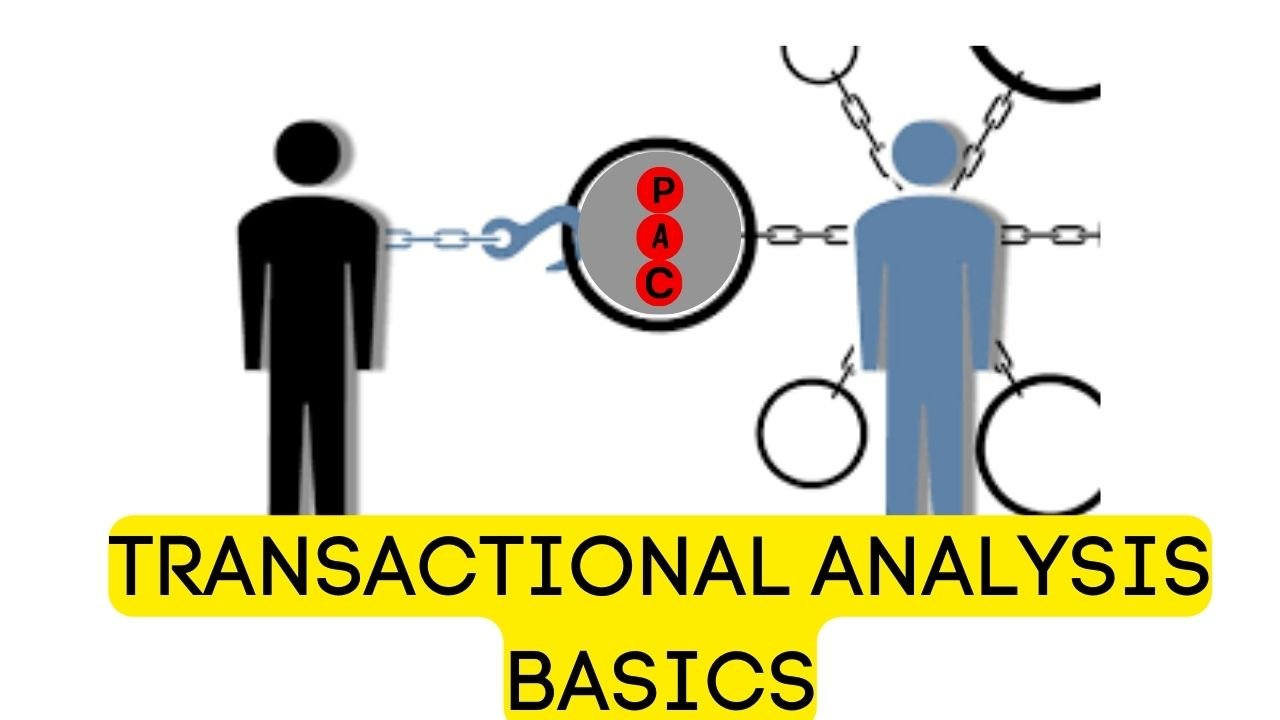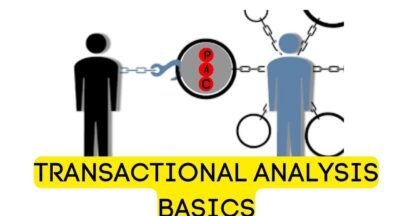
Understanding Transactional Analysis: Principles and Ego States
Introduction
Transactional Analysis (TA) is a psychological theory and therapeutic approach that helps individuals understand their behaviors, thoughts, and emotions in the context of their relationships with others. Developed by psychiatrist Eric Berne in the 1950s, TA has since gained popularity in various fields, including counseling, coaching, and organizational development. In this article, we will explore the principles of Transactional Analysis and delve into the concept of ego states within this framework.
Principles of Transactional Analysis
Transactional Analysis is based on a few fundamental principles that provide a framework for understanding human behavior:
- Everyone has worth: TA views every individual as having inherent worth and dignity, regardless of their past experiences or current behaviors. This principle emphasizes the importance of treating others with respect and empathy.
- People are capable of change: TA recognizes that individuals have the capacity to change and grow throughout their lives. This principle encourages personal responsibility and the belief that change is possible.
- Transactions are the building blocks of relationships: TA focuses on analyzing the transactions, or interactions, between individuals. It explores the communication patterns, both verbal and non-verbal, that shape relationships and influence behavior.
- Understanding ego states is key: Ego states, which we will discuss in the next section, are a central concept in TA. They represent different aspects of an individual’s personality and influence their thoughts, feelings, and behaviors.
Structural Ego States in Transactional Analysis
Ego states are the different parts of an individual’s personality that become activated in various situations. Transactional Analysis identifies three primary ego states:
- Parent ego state: The parent ego state is influenced by the individual’s experiences with authority figures, such as parents or teachers. It represents the internalized rules, values, and behaviors that were learned during childhood. The parent ego state can be nurturing, critical, or controlling, depending on the individual’s experiences.
- Adult ego state: The adult ego state is characterized by rational thinking and objective analysis. It is the part of the personality that deals with the present moment and makes decisions based on current information. The adult ego state is responsible for problem-solving and decision-making.
- Child ego state: The child ego state is influenced by the individual’s experiences as a child. It represents the emotions, feelings, and behaviors that were learned during childhood. The child ego state can be nurturing, playful, or rebellious, depending on the individual’s experiences.
These ego states interact with each other and with the ego states of others during transactions, shaping the dynamics of relationships and influencing behavior.
Functional Ego States in Transactional Analysis
Transactional Analysis also recognizes functional ego states, which are variations within each primary ego state. These functional ego states further explain the complexities of human behavior:
- Nurturing Parent: The nurturing parent ego state is characterized by care, support, and empathy. It represents the part of the individual that provides comfort and nurturance to others.
- Critical Parent: The critical parent ego state is characterized by judgment, criticism, and control. It represents the part of the individual that imposes rules and standards on others.
- Adaptive Child: The adaptive child ego state is characterized by compliance, conformity, and a desire to please others. It represents the part of the individual that seeks approval and avoids conflict.
- Natural Child: The natural child ego state is characterized by spontaneity, creativity, and a sense of wonder. It represents the part of the individual that embraces joy and expresses emotions freely.
These functional ego states can manifest differently in different individuals, depending on their experiences and personality traits. Understanding these ego states can help individuals gain insight into their own behavior and improve their relationships with others.
Conclusion
Transactional Analysis offers a valuable framework for understanding human behavior and improving interpersonal relationships. By exploring the principles of TA and delving into the concept of ego states, individuals can gain insight into their own thoughts, feelings, and behaviors, as well as those of others. This understanding can pave the way for personal growth, effective communication, and healthier relationships.
Related Posts
Understanding Drivers in Transactional Analysis
Introduction Transactional Analysis (TA) is a psychological theory that helps...
Understanding Transactional Analysis: Principles and Ego States
Introduction Transactional Analysis (TA) is a psychological theory and...
Understanding Flow in Positive Psychology
https://www.youtube.com/watch?v=Iz6DnG47a9whttps://www.youtube.com/watch?v=pZ5wV2A...





